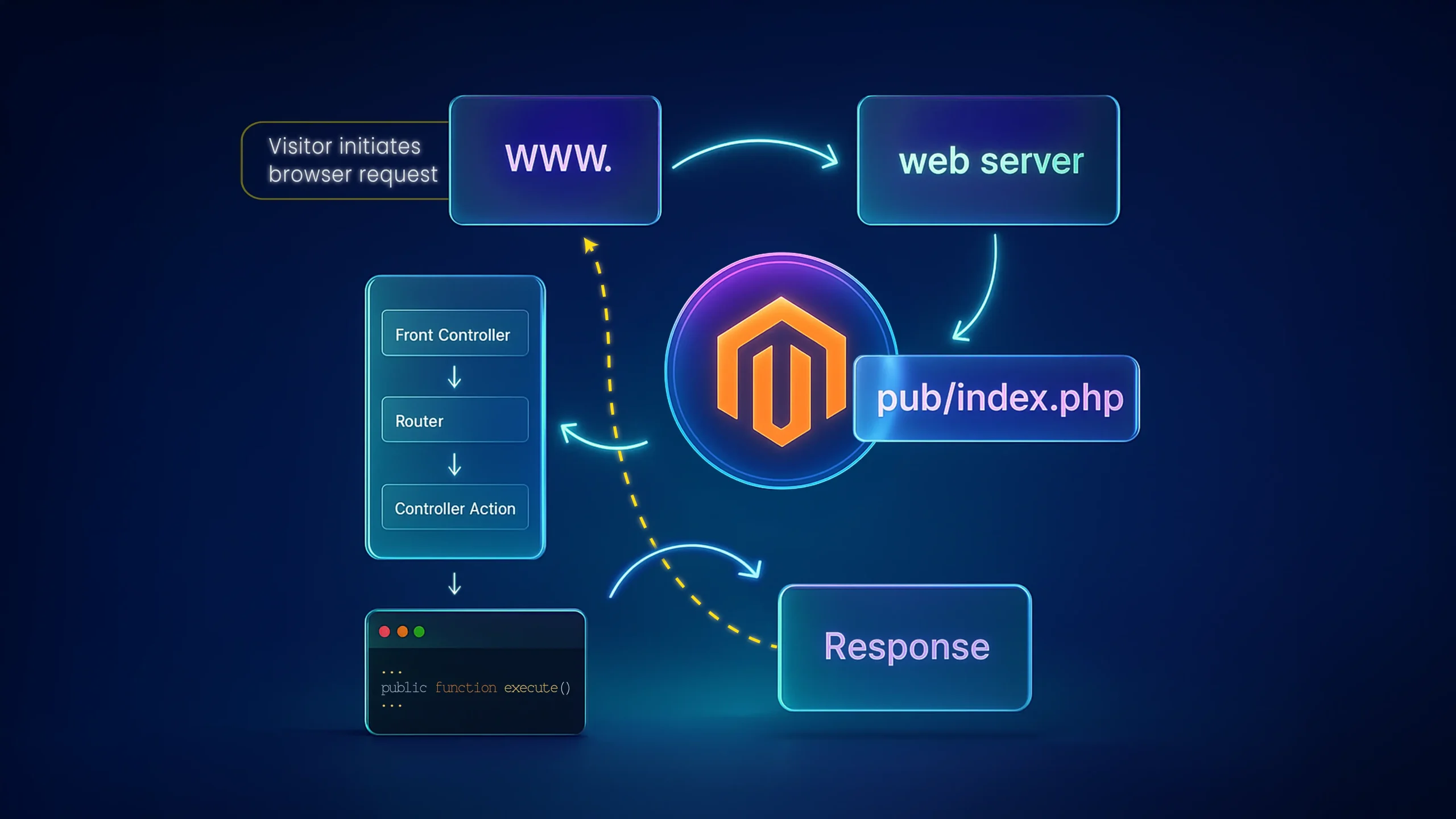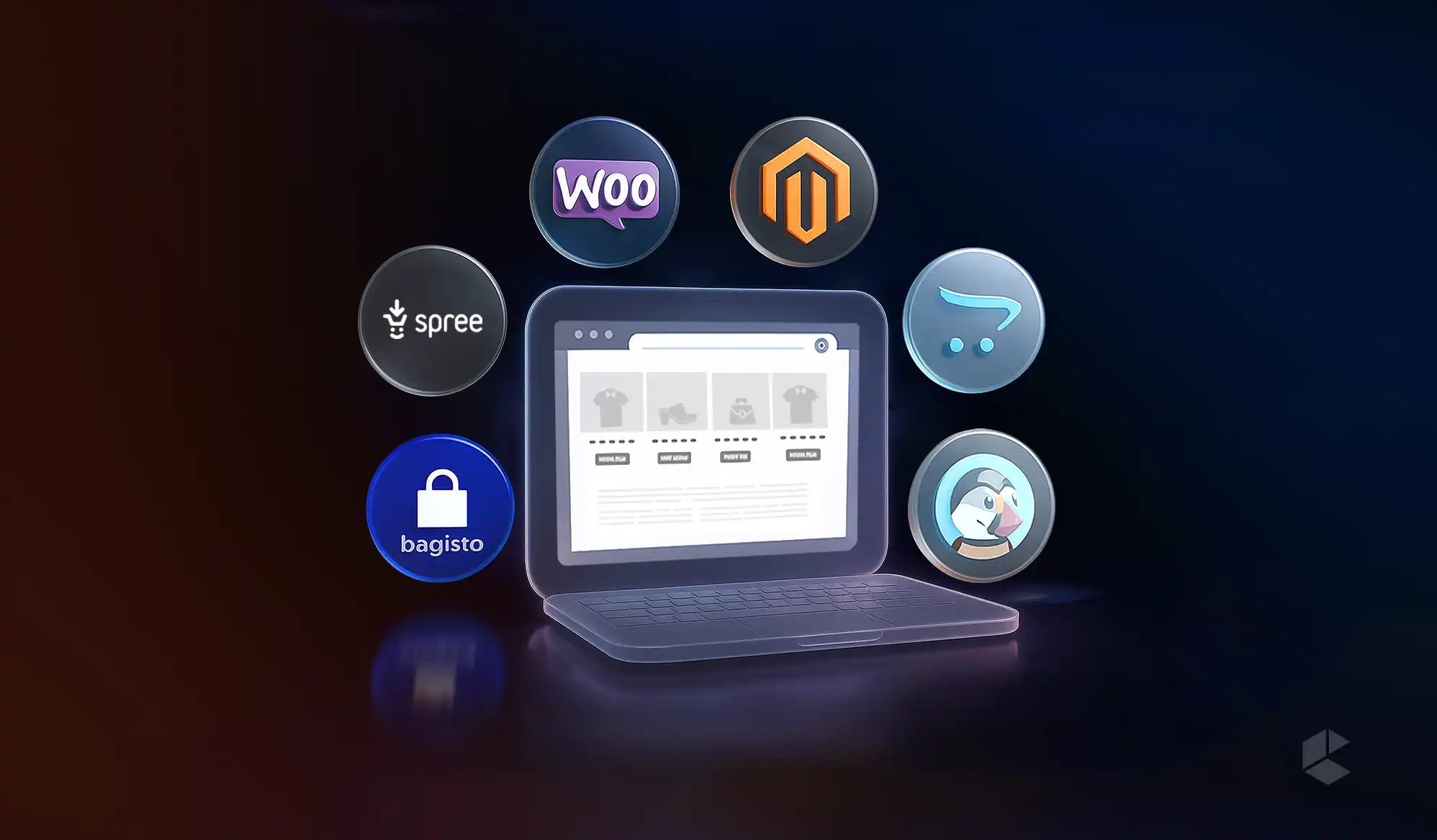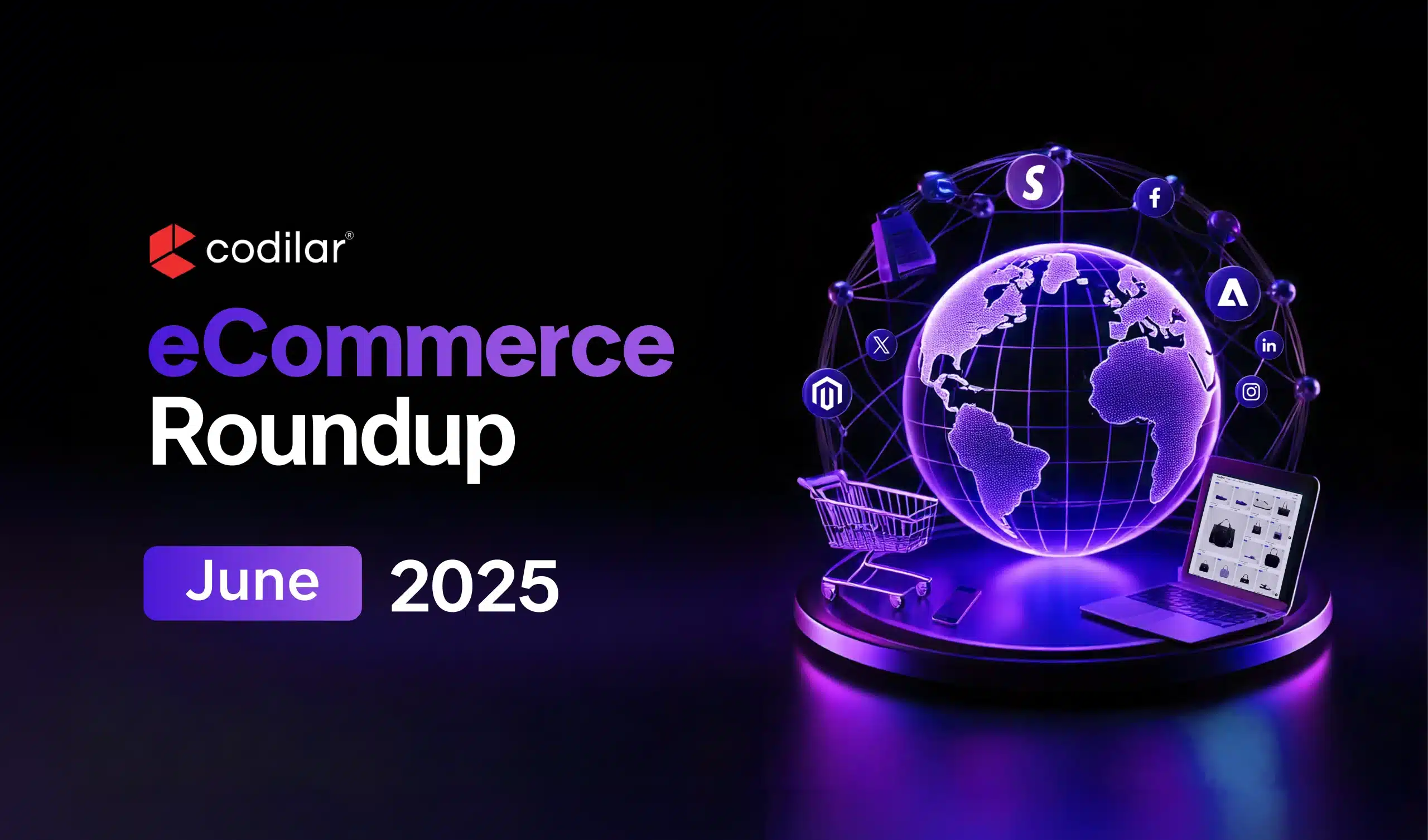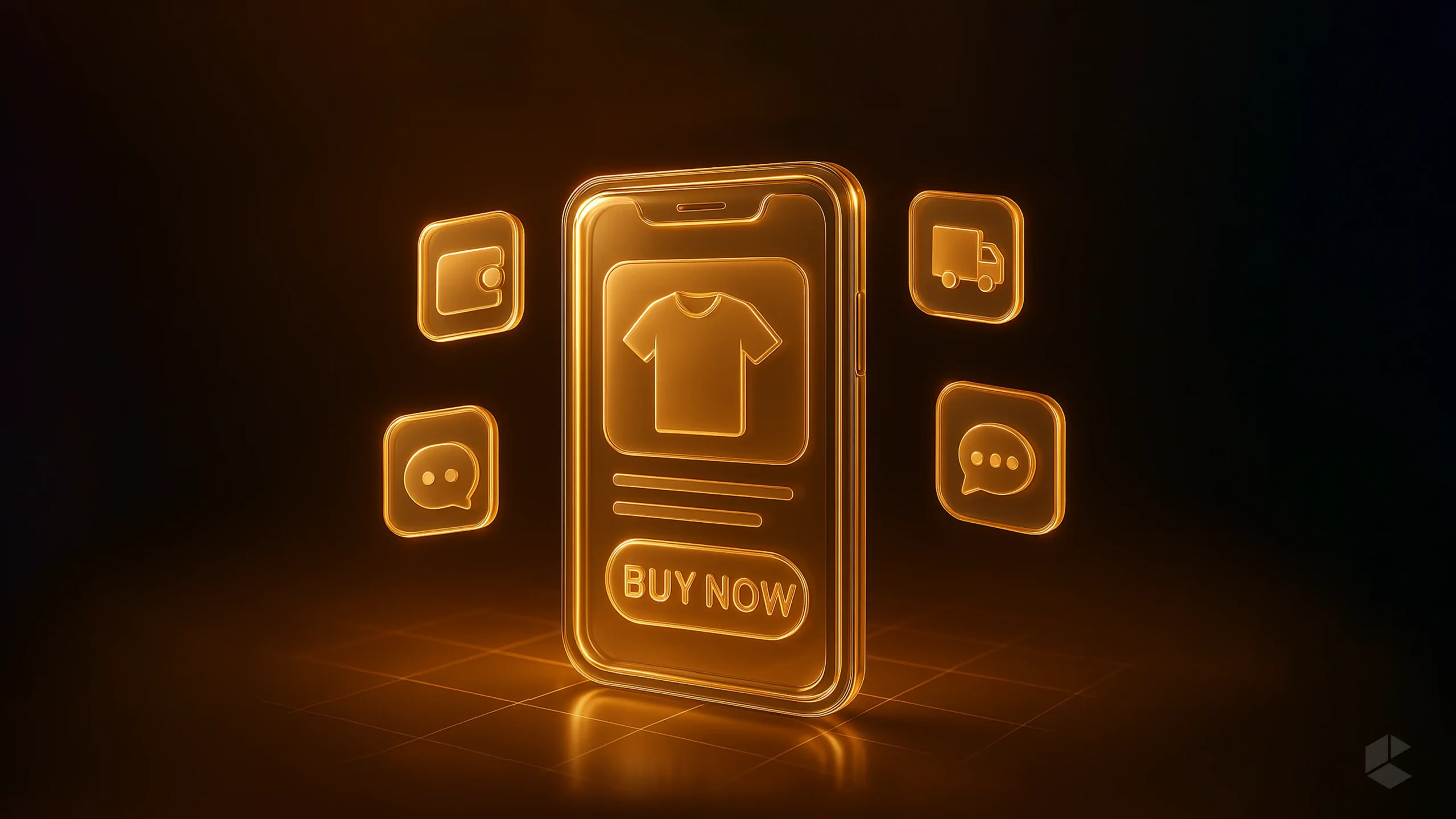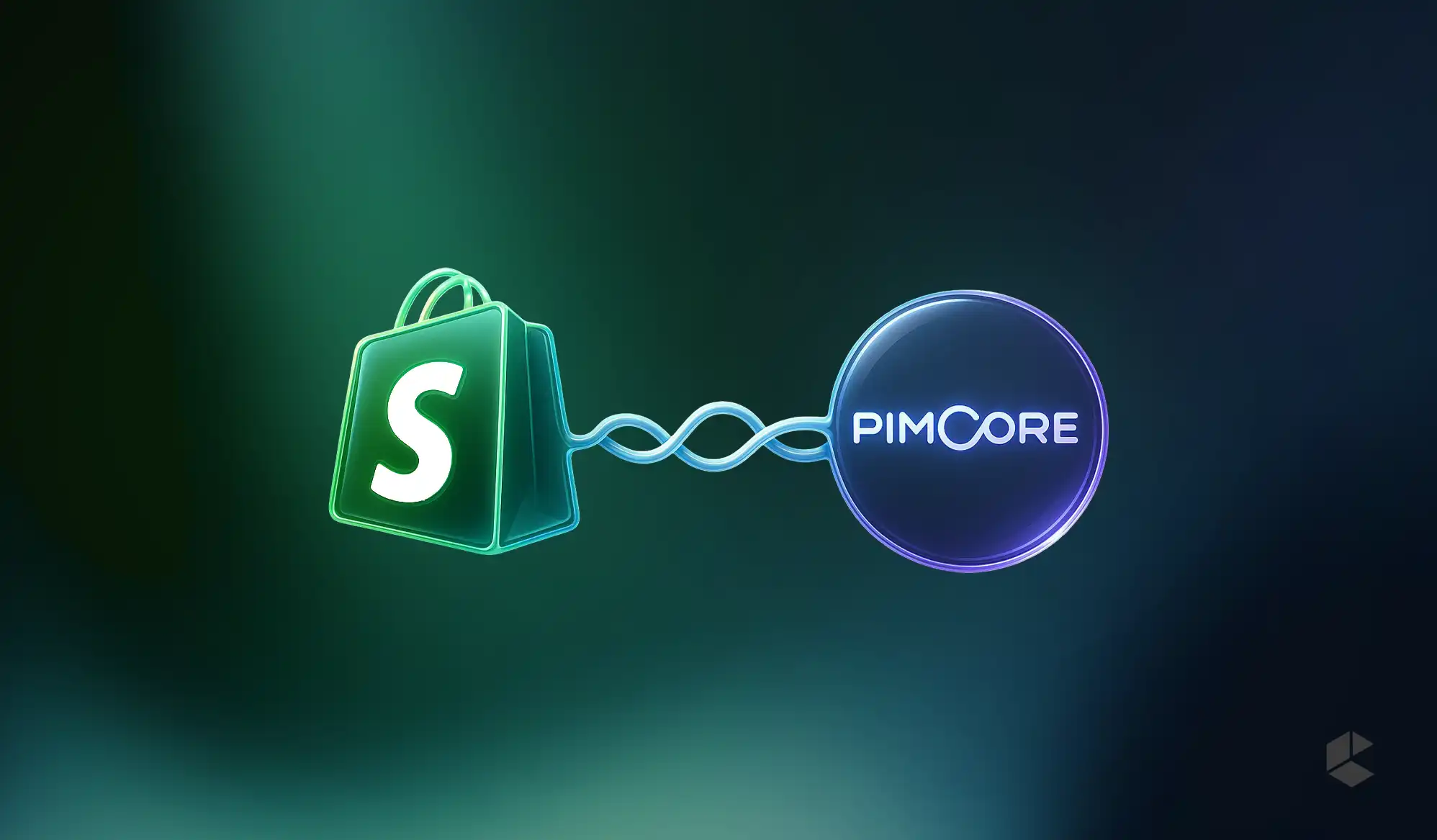Walking down the aisles of a supermarket makes one realize just how many brands of different products are available in the market! But, the winning brands are often the ones that understand their consumer base and cater to their individual needs. It’s truly a win-win for both the brand and its loyal customers! So, what’s the secret sauce? It’s the power of eCommerce personalization.
In this blog, we’ll unpack the power of eCommerce personalization, the trend reshaping the online landscape. We’ll dive deep into its impact, from skyrocketing sales to happy customers, and explore the strategies you need to implement in your own store.
Let’s dive in!
What is eCommerce Personalization?
As the name suggests, eCommerce personalization is about creating unique, relevant experiences for every customer such as crafting online shopping experiences for individual users based on their devices, preferences, behaviors, and demographics.
Imagine a store that remembers your favorite brands, suggests products based on your previous purchases, and even greets you by name. That’s the essence of personalization in commerce! By leveraging data and technology, businesses can understand individual preferences and behaviors, and then use this knowledge to curate content, product recommendations, and offers that resonate with buyers on a more personal level thereby leading to a purchase.
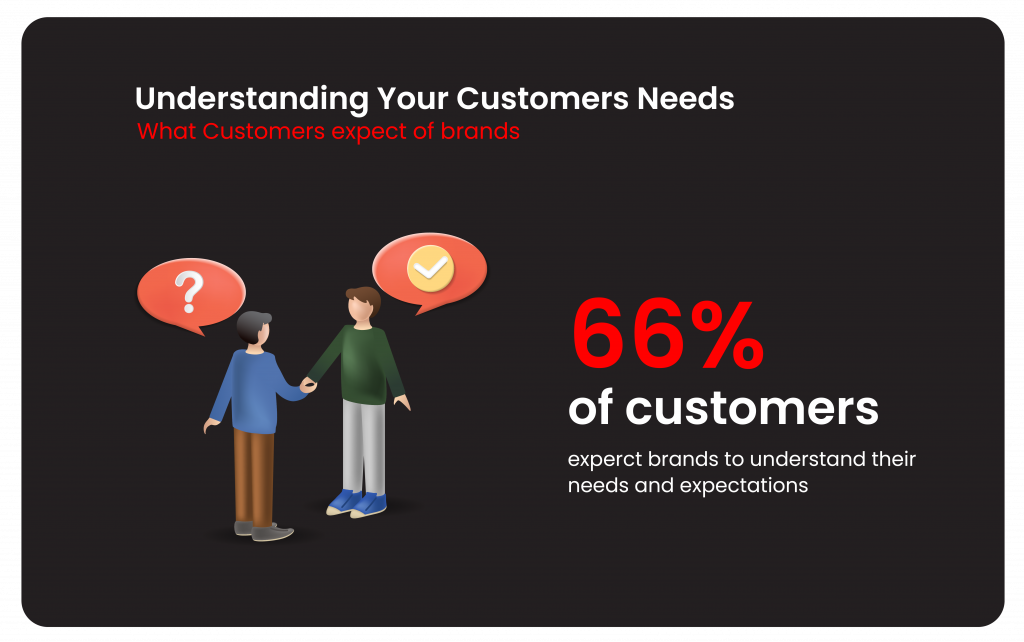
What are the benefits of personalization in ecommerce?
The rise of online shopping has brought fierce competition, with customers bombarded by choices. To truly stand out, eCommerce businesses need to forge deeper connections and personalized experiences. Here are some of the benefits of implementing good personalization strategies-
1. Enhanced Customer Experience
Ecommerce personalization enhance the overall customer experience by tailoring the online shopping journey to individual preferences. By analyzing browsing history, and past purchases, businesses can present customers with personalized product recommendations, ensuring they find items aligned with their tastes and needs. This customization creates a more engaging and satisfying experience, forging a bond between the customer and your brand!
2. Improved Customer Loyalty:
Personalization in commerce cultivates customer loyalty by demonstrating that a business understands and values its customers. When your customers feel that their preferences are acknowledged through tailored experiences, they are more likely to return for future purchases.
When their needs are anticipated and preferences fulfilled, they become loyal brand advocates, spending 67% more on average than new ones (Bain & Company). It’s like treating each customer like royalty! Moreover, generic promotions rarely make an impact. Personalized offers based on past purchases and interests, however, encourage repeat business, nurturing a cycle of brand love.
3. Increased Conversion Rates:
Personalization directly impacts conversion rates by presenting customers with relevant products, promotions, and content. Studies suggest a 20% increase in order value and a 10% conversion rate jump due to personalization (Epsilon). When your customers interact with personalized recommendations based on their interests and shopping history, they are more likely to make a purchase. Crafting conversion strategies for personalization is essential. Generic experiences feel impersonal, leading to abandoned carts. Personalization, however, fosters a sense of connection and relevance, reducing cart abandonment by 10%, and translating to more sales! (Invespcro).
4. Higher Average Order Value (AOV)
Ecommerce personalization isn’t just about showing customers what they want; it’s about showing them what they didn’t know they wanted. By strategically suggesting additional items based on previous purchases or browsing behavior, businesses can encourage customers to explore and invest in higher-value products, ultimately boosting the overall transaction value. The result? Customers discover new items they love, add more to their basket, and spend more overall. Studies show a 20% increase in average order value just by strategically recommending relevant products.
5. Data-Driven Insights:
Implementing personalization in ecommerce provides businesses with valuable data-driven insights into customer behavior and preferences. Analyzing this data allows companies to make informed decisions, refine conversion strategies, and optimize the customer journey. The information gathered from personalized interactions helps businesses stay aligned with market trends, ensuring they remain competitive and responsive to evolving customer needs.
6. Competitive Advantage:
Ecommerce personalization serves as a powerful differentiator in a competitive market. Businesses that prioritize and successfully implement personalization gain a distinct advantage by offering a more engaging and relevant experience compared to competitors. This uniqueness not only attracts new customers but also reinforces the loyalty of existing ones, positioning the brand as a leader within the ecommerce landscape.
In the current landscape, personalization is the need of the hour. The following statistics highlight it’s role in driving growth within the ecommerce sector.

Here are some examples of Brands using e-commerce personalization effectively
Let’s talk about Amazon– the king of personalization. Amazon uses your browsing and buying history to suggest items like “Because you viewed” and “Frequently bought together.” Their search results adapt in real-time based on how you shop. With a ton of user data, Amazon’s advanced AI tailors recommendations not just to what you’ve viewed or purchased but also predict what you might need.
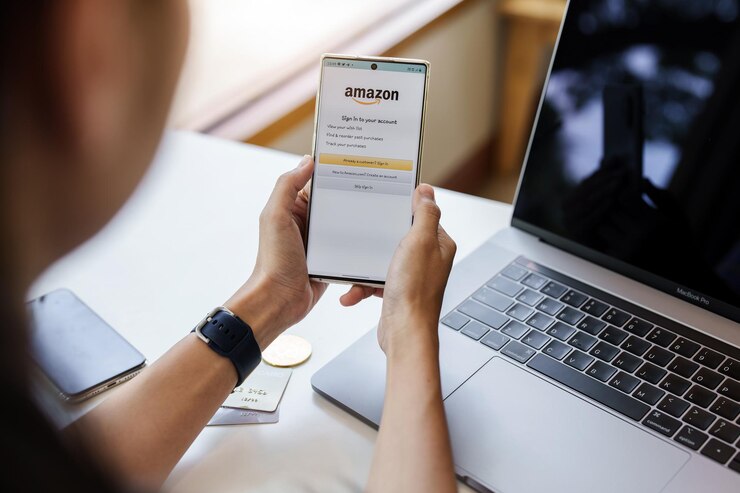
They seamlessly blend physical and online stores, allowing you to pick up online orders in-store and vice versa. Plus, with Alexa, they’ve made a hands-free personalized shopping experience , suggesting products based on your voice commands.
Next up we have the popular music streaming app-Spotify .It uses smart algorithms to recommend songs based on what people with similar tastes are enjoying, giving you accurate and diverse suggestions. Plus, with the help of AI, they curate personalized playlists like “Discover Weekly” and “Release Radar,” always keeping your music experience fresh and tailored to your taste.
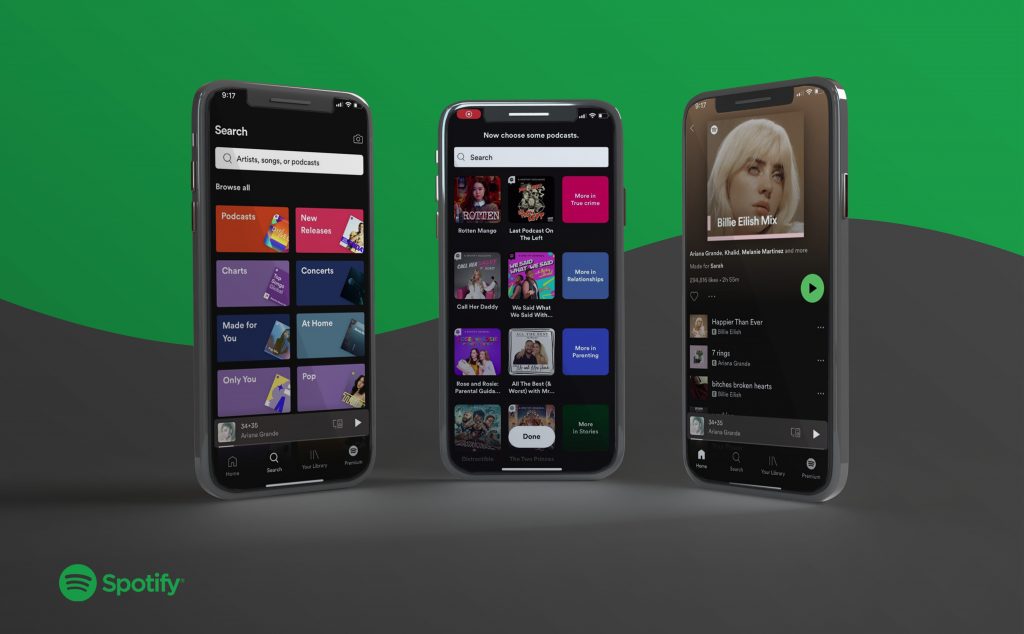
ALDO is a fashion brand that has implemented several ecommerce personalization strategies to create a more engaging and convenient shopping experience for its customers. ALDO has mastered the art of blending online and offline shopping through seamless integration.Incorporating Comprehensive Digital Signage Services can further enhance this integration by providing dynamic and interactive customer experiences.
With a savvy move into social commerce trends, ALDO makes Instagram photos from influencers and celebrities shoppable, allowing you to directly purchase items that catch your eye. They also keep things exciting with personalized promotions – using a sophisticated engine, they tailor discounts and offers based on your purchase history and browsing behavior, creating targeted incentives just for you.
Other popular brands include Nike, Sephora, Starbucks etc., uses innovative and effective ways to personalize the shopping experience
How To Amp Up Ecommerce Personalization For Your Business?
Product Recommendations:
- Browsing History: Recommend products related to what users have viewed or added to their cart. Offer “Similar items” or “Frequently bought together” based on aggregate browsing data.
- Purchase History: Suggest similar items or complementary products based on past purchases. For example, recommend a genre of books based on previous purchases.
- User Demographics: Tailor recommendations based on age, gender, location, or other segments. For example, show maternity clothes to users within a specific age range and location.
- Real-time Data: Offer dynamic recommendations based on current search terms and website activity. If someone searches for “running shoes,” prioritize running shoe recommendations over other types of shoes.
Content Personalization:
- Homepage Banners: Dynamically change banners based on user preferences or purchase history. For example, display a banner for earpods for someone who just purchased a new phone.
- Personalized Email Marketing: Segment customers and send targeted emails with relevant offers and product suggestions. For instance, offering discounts on baby products to new parents.
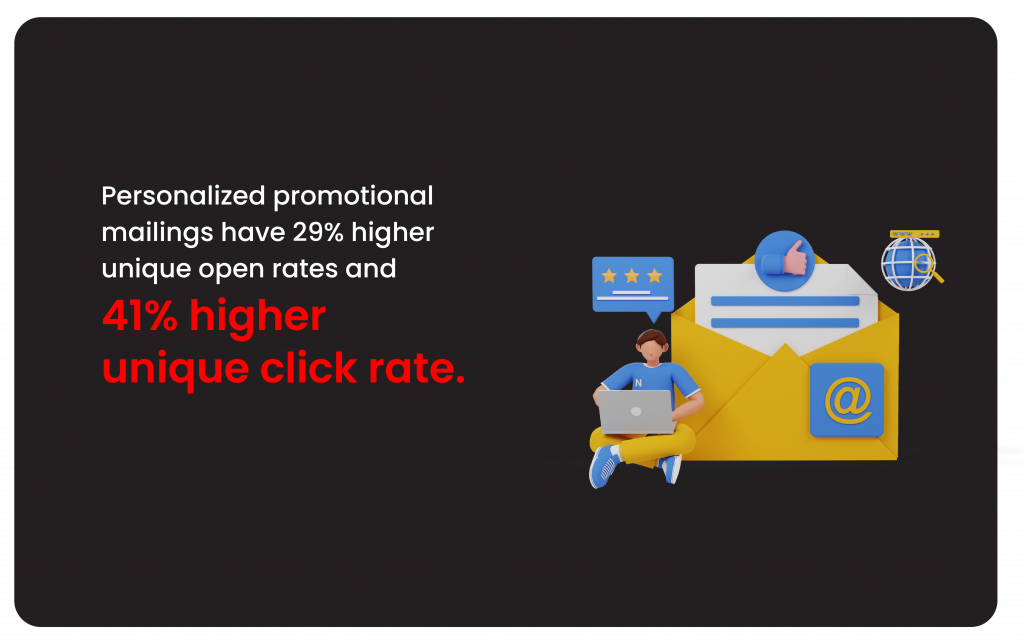
- Dynamic Search Results: Prioritize products in search results based on individual user profiles. If someone shows interest in sustainable products, prioritize those results.
- Blog Content & Social Media: Create content and social media posts tailored to specific customer interests. Cross-device ecommerce experiences are highly recommended. For instance, share recipes with users interested in cooking or home decor tips with those browsing furniture.
Interactive Elements:
- Product Quizzes and Surveys: Gather user data and preferences through interactive elements. Ask about preferred styles, budgets, or occasions to offer personalized recommendations.
- Wishlists and Watchlists: Allow users to create personalized lists for future purchases. Send reminders or special offers on items on their lists.
- Loyalty Programs: Offer personalized rewards and incentives based on purchase history and engagement. Award bonus points for specific product categories or offer exclusive discounts.
- Product Configurators: Enable users to personalize products with custom features or options. Allow customization of phone cases, furniture, or clothing.
Other Methods:
- Dynamic Pricing: Adjust prices based on individual customer segments or demand fluctuations. Offer personalized discounts or tiered pricing based on loyalty or purchase history.
- Retargeting Ads: Show targeted ads to users who have visited your website or abandoned their cart. Remind them of abandoned items or offer incentives to complete their purchase.
- Live Chat & Virtual Assistants: Offer personalized support based on user context and purchase history. Connect users with agents familiar with their past interactions or preferred products.
Impact of Personalization on Customers
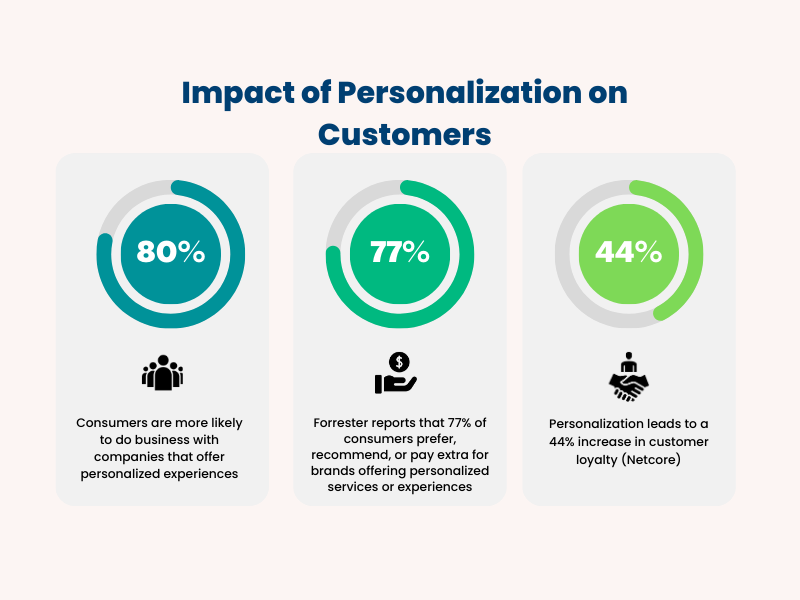
The future of eCommerce
AI is revolutionizing e-commerce personalization, delving into sentiment, social media, and even physiological data for hyper-accurate recommendations. Imagine virtually trying on products through AR/VR and personalizing them in real-time, and getting friendly, personalized support from chatbots. Across all devices and even in stores, seamless experiences and tailored suggestions will await, creating a truly connected and individual shopping journey.

